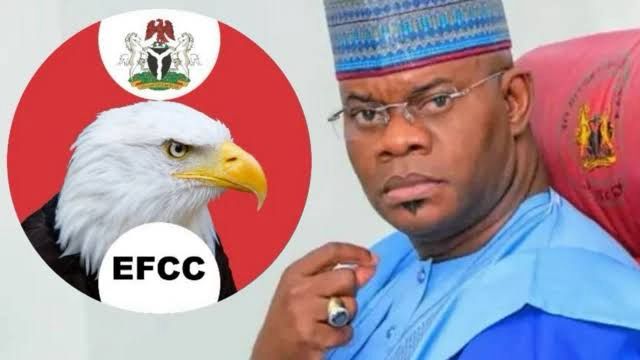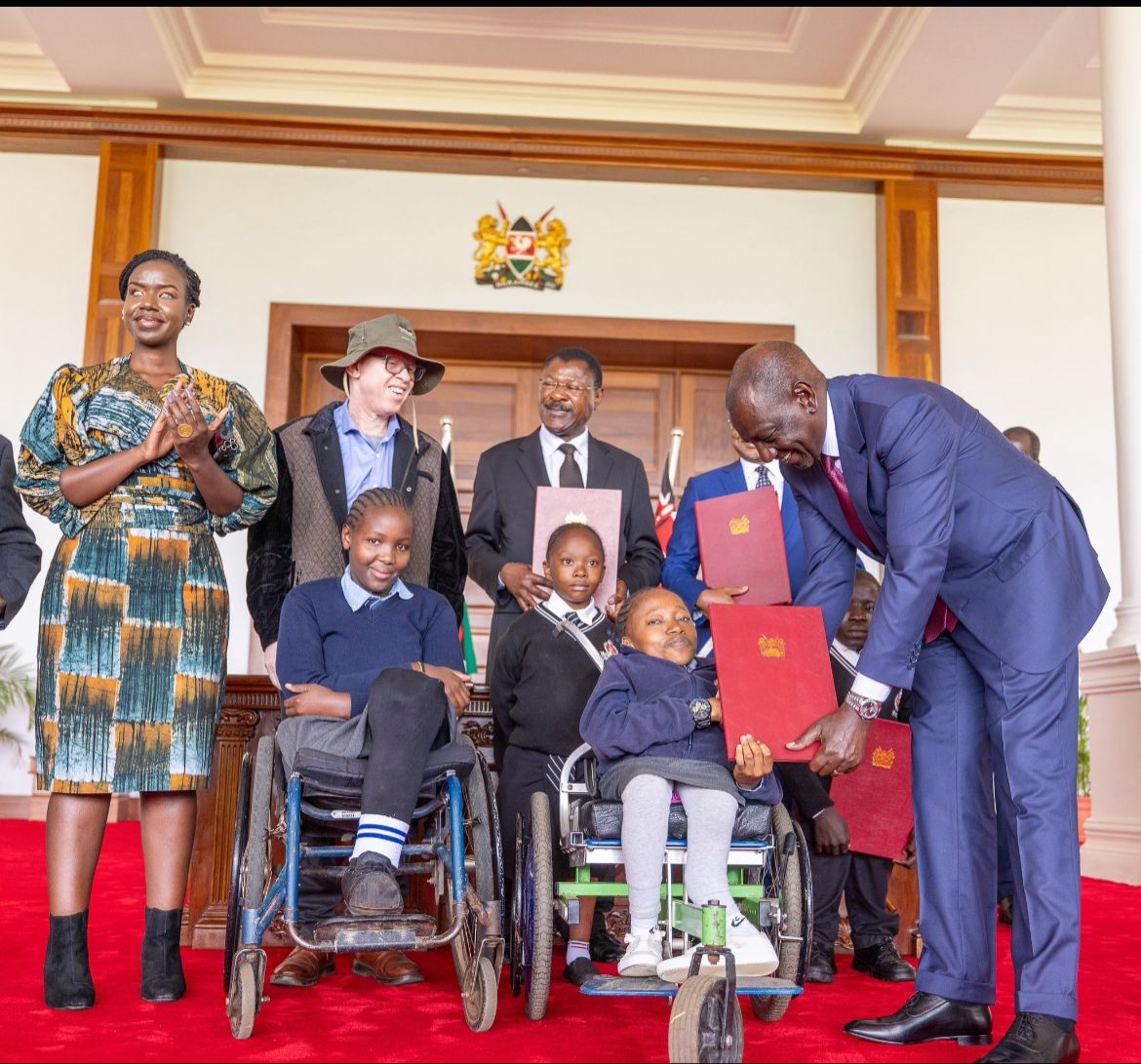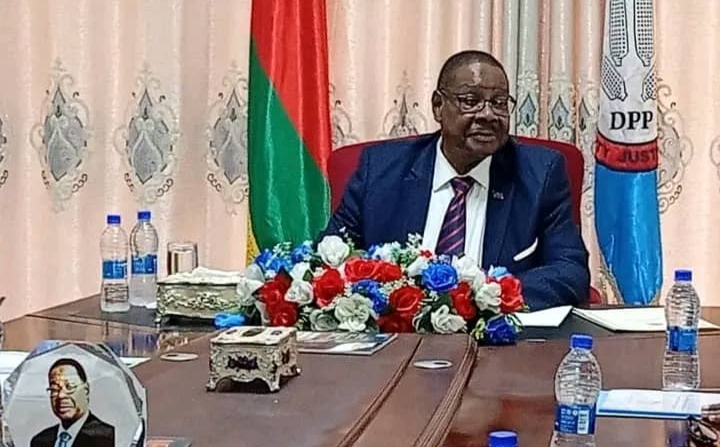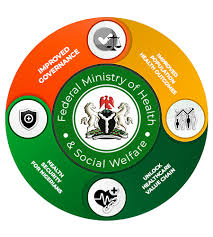Nigeria – Opposition Parties Challenge New Police Guidelines For Planned Protests
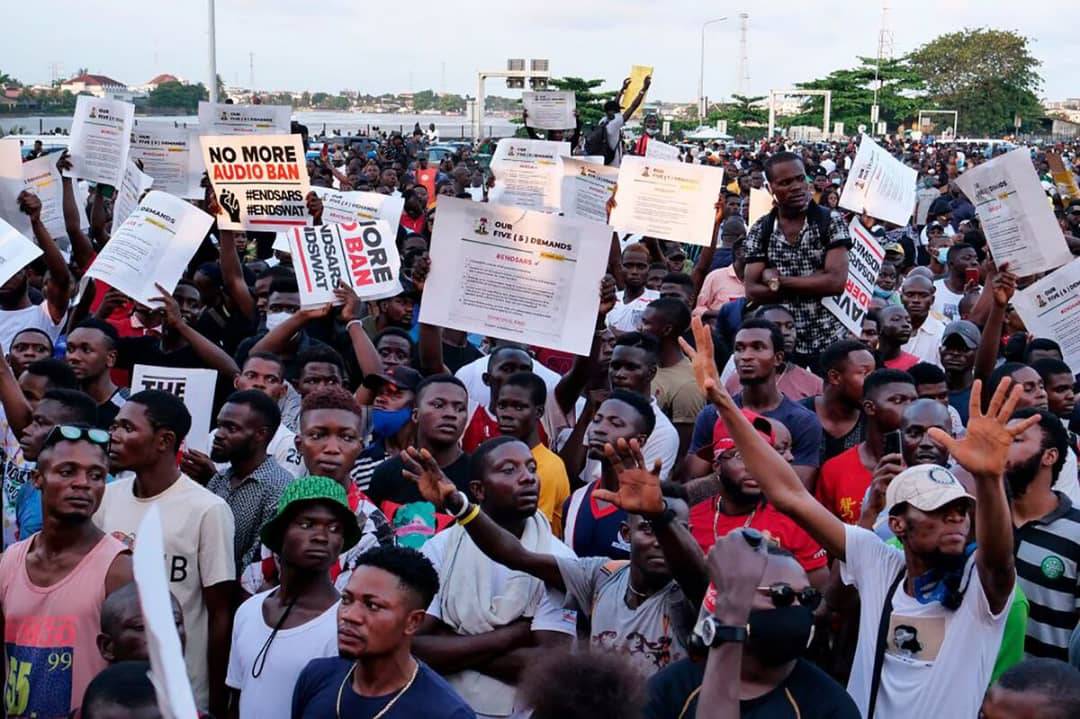
The planned nationwide hash tagged “EndBadGovernance” protest set against August, has sparked significant controversy, as opposition parties and human rights activists vehemently oppose the new guidelines issued by Inspector General of Police, Kayode Egbetokun.
The guidelines, which mandate that protest organizers submit their details, proposed routes, and assembly points to state Commissioners of Police, has been criticized as unconstitutional.
Opposition parties, including the New Nigeria People’s Party (NNPP) and the People’s Democratic Party (PDP), argued that these conditions infringe on Nigerians’ fundamental right to protest.
Ladipo Johnson, the National Publicity Secretary of the NNPP, emphasized that the right to protest is enshrined in the Nigerian constitution, and should not be hindered by such directives.
In response to the police guidelines, human rights activist Deji Adeyanju accused security agencies of harassing protest organizers and freezing their accounts.
Adeyanju maintains that the directives amount to an attempt to rewrite the constitution and intimidate citizens into abandoning their plans to protest.
The Department of State Services (DSS) has also weighed in, claiming to have uncovered a plot by criminal elements to hijack the protest. However, opposition leaders like PDP Deputy National Publicity Secretary Ibrahim Abdullahi, argued that this narrative is part of a broader strategy to suppress dissent and intimidate citizens.
The Labor Party also echoed these concerns, with the National Publicity Secretary, Obiorah Ifoh, warning that attempts to clamp down on peaceful protests could backfire.
Ifoh urged the government to take lessons from recent events in Kenya, where peaceful protests were met with a constructive government response.
The Christian Association of Nigeria (CAN) in the northern states, has also highlighted the severity of the economic hardship faced by Nigerians, and called for concrete steps to address these issues rather than attempting to stifle dissent.
CAN’s statement urged the government to focus on resolving the root causes of citizens’ grievances instead of using security forces to silence them.
Meanwhile, the ruling All Progressives Congress (APC) on the other hand, defended the police guidelines, suggesting that the opposition’s resistance indicates ulterior motives.
The APC National Publicity Director, Bala Ibrahim, argued that the government is committed to addressing the concerns of Nigerians, adding that lawful, peaceful protests are welcome.
As tensions rise ahead of the planned protest, the discourse surrounding the right to protest versus the need for security continues to intensify.
Protesters gesture in Lagos, on Oct. 15. Photographer: Pierre Favennec/AFP via Getty Images
categories
recent posts

